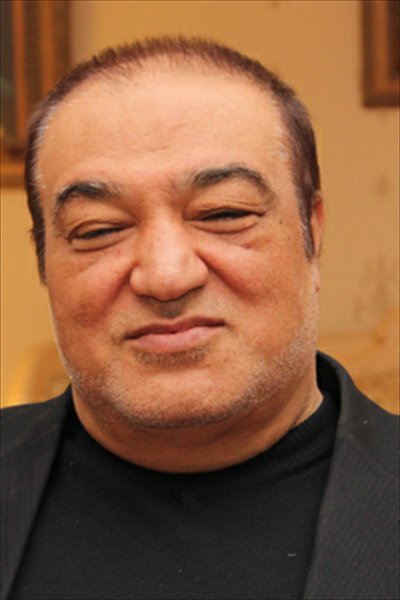Iran wants peace, but ready for defense

Editor's Note:
The threat of an Israeli strike against Iran, and possible US involvement in any possible war, looms large this year. Meanwhile, Iran's neighbor Syria is in turmoil. What's Iran's attitude toward a possible war? What position do they take on Syria? Global Times (GT) reporter Wei Lai talked to Mahdi Safari (Safari), Iran's ambassador to China, on these issues.
GT: Is war coming to Iran?
Safari: God knows what is going to happen. But Iran never looks for the war. Even in the Iran-Iraq war (1980-88), it was Saddam Hussein that attacked Iran, and we who defended our country. We never have plans for war, but if somebody enters your house, you will certainly defend it.
GT: Do you know where Israel's "red line" for war is?
Safari: I don't know. But we have our own "red line." We say that we don't want to have any war, we don't want to kill innocent people, we don't want to have any instability in the region, we want to have regional peace and stability. All our President talks about is justice, peace, love, friendship and brotherhood.
GT: What do you think is the most important part of living peacefully with your neighbors and in your region?
Safari: Prosperity, peace, justice, brotherhood, and friendly relations with our neighbors.
GT: Are you confident in Iran's defense capabilities?
Safari: I am sure that we are strong enough to defend our country. We are a big nation, we have a big civilization, we have experience of war. That doesn't mean we are preparing for war, but if somebody comes to hit us, we will respond.
GT: When Chinese Premier Wen Jiabao visited the Gulf in January, he made two points very clearly: First, he was against any closure of the Hormuz Strait, as Iran threatened last year. Second, China would not make any deals that go against its own principles. How do you see his view?
Safari: On the issue of closing the Hormuz Strait, Iran has paid a lot for the security of regional energy routes. So we believe Wen's proposition is good. Nobody wants to block the Strait. But the world should understand that the benefits of all of the countries in the region should be secured and considered.
GT: Chinese oil companies have many investments in Iran. Do you think their assets there are at risk? It was reported that US Defense Secretary Leon Panetta believes an Israeli attack is likely this year.
Safari: I believe they are safe. Why would they not be safe? Some 33 years ago, we had a very similar situation, when we had a lot of news from outside about what one or another country would supposedly do. Iran will never use such expressions against any country.
GT: On January 26, US National Security Advisor Tom Donilon said very clearly that the US has given the Iranian government a direct offer on preventing Iranian nuclear weapons. How do you see that offer?
Safari: I don't know the details of the offer, I didn't see such a letter. But if you listen to the speeches of the superior leaders of Iran, they have mentioned we have received some letters, and there were some proposals, but the US is still implementing the sanctions.
GT: Syria is a very important neighbor of Iran. How do you see the situation in Syria?
Safari: You raised a very important question. Syria is not only our neighbor. In our region, between Syria and Iran, there is Iraq. Syria is a very important country for Iran and we have a very good relation. I believe the Syrian government is very strong. Of course there are some problems and the government has decided to have some political reforms. Our position is to support the government and support the political reforms in Syria.
I believe that more than 70 percent of the people in Syria are supporting their government. I should say that with such political reforms and with the programs the government has, they can play well to the situation.
But unfortunately outsiders are just interfering in the work of the government, and they are manipulating the situation.
We believe that the problem in Syria should be solved internally, not externally. We hope very soon the situation can return to normal.
We saw the experience of Libya and the role of the UN Security Council resolutions. We believe that the people of Libya should have the right to decide their own destiny, and we also believe the same thing with Syria.
GT: Since the 9/11 attacks, the Islamic world has greatly changed. What is the fundamental course of that change?
Safari: In those countries who are dependent on outsiders, the people will not be satisfied with the government because of the oppression and interference of outsiders. There is not any democracy in those countries. People have just started to be awakened and this will continue.
We have seen examples in different countries in the region, like Egypt, Tunisia and others. I believe that the dependency of these governments on the US and the outside interfered and caused the popular uprisings.